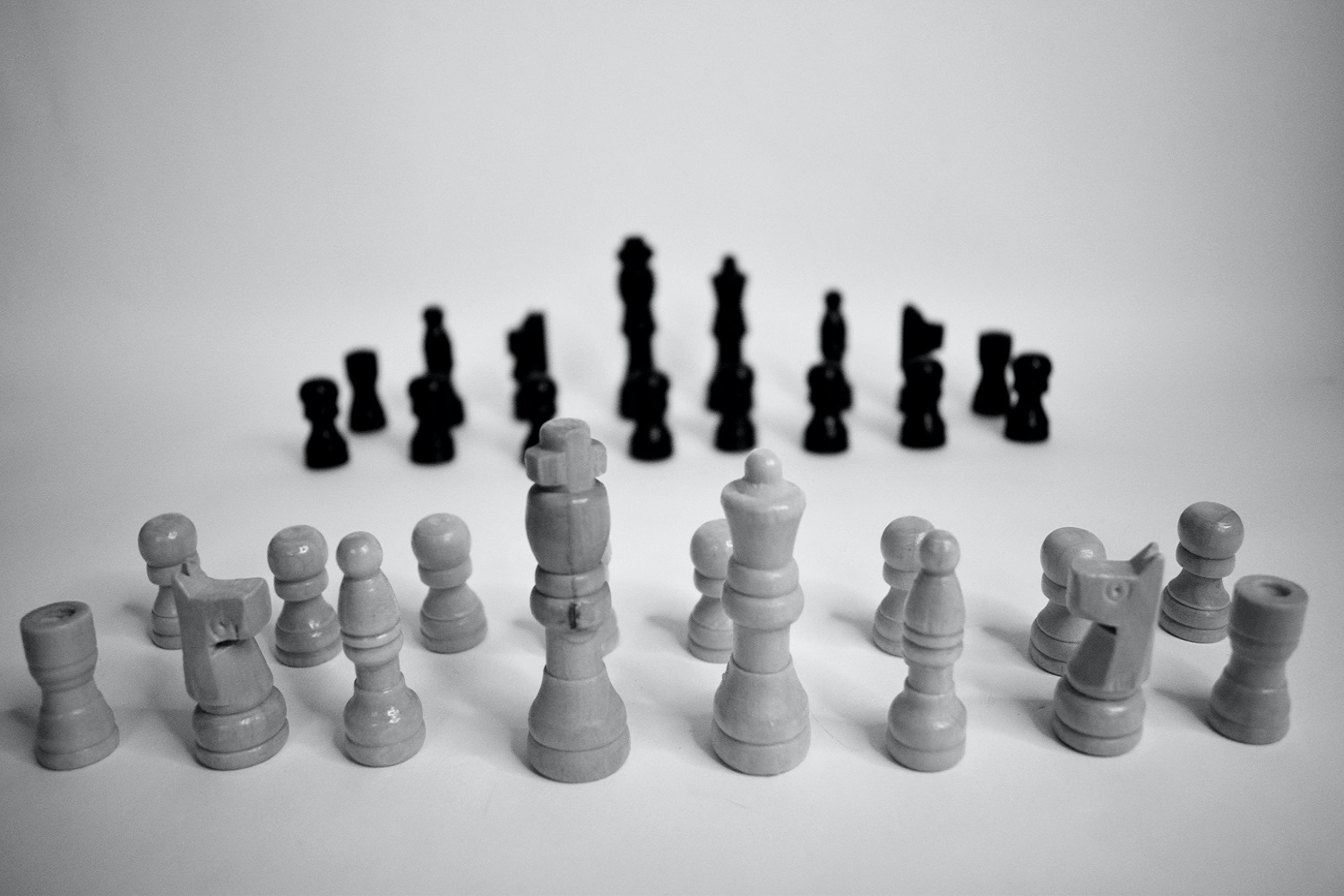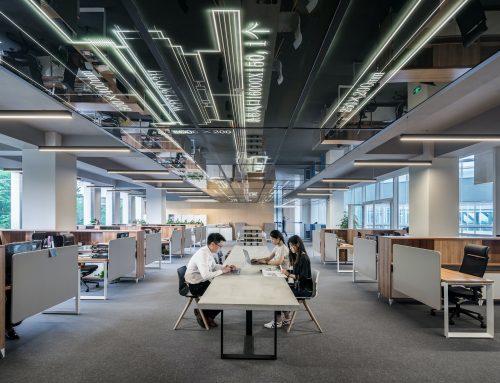Does Conflict Equal Effective Collaboration?
Conflict isn’t an enemy of collaboration. It’s an important requirement for effective and productive team collaboration. When conflict is well managed, your team’s creativity will be enhanced because ideas are being more thoroughly discussed. Basically, one idea leads to another, and because the quality of each idea is being scrutinised, you end up with better decisions.
In collaborative settings, conflict requires the creation of a climate where team members feel comfortable about openly discussing their thoughts. But how do you create this climate? You must first establish trust and work together closely as a team.
Another important part of maintaining this climate is by handling your team’s emotional climate. It’s easy for one team member’s negative emotions to spread to others. You need to pay attention to your team’s emotional temperature and address issues as soon as they appear. Destructive emotions might get out of hand quickly – so early intervention is imperative!
Once you have the right climate established, it’s time to use productive communication techniques to keep conflict moving in the direction you want it to. Effective communication techniques involve reaching out to colleagues, understanding what they’re saying, taking others’ perspectives, sharing honest thoughts and finding solutions.
If you’re in a conflict situation, do you usually talk more? Or less? Most people will say less. Which really doesn’t help resolve the issue. Instead, when a conflict situation arises, and conversation has slowed down, make sure you reach out and motivate your team to get talking again.
Conflict communication is all about taking and listening. In fact, we’d say that listening is the most important part. Take the other person’s perspective by trying to see things from their viewpoint. Doing so will help you understand new things about the conflict that may be useful in creating a solution.
Conflict is natural and happens all the time. People know this, but many times they’re afraid to confront it. When that happens, communication weakens and this leads to poor collaboration. Achieve effective team collaboration by exploring problems and debating issues constructively. Enhance your collaboration by effectively managing it.







